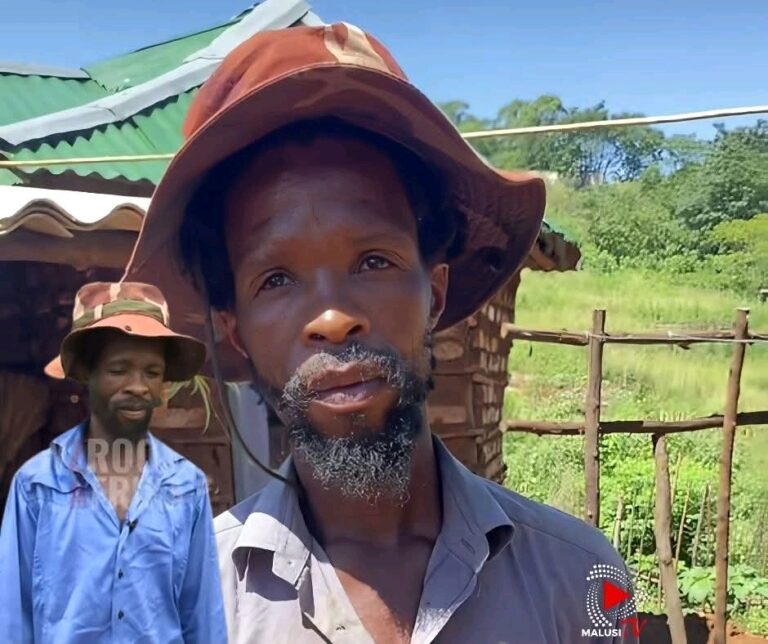
KwaZulu-Natal Police Commissioner, Lieutenant-General Nhlanhla Mkhwanazi, is at the centre of a high-profile legal battle after a Mozambican businessman, Esmael Nangy, filed a R10-million lawsuit accusing him and members of the South African Police Service (SAPS) of unlawful arrest, assault, and torture.
The Pretoria High Court is expected to hear the matter in which Nangy alleges that his constitutional rights were grossly violated during his detention. The lawsuit comprises two claims — R5 million for wrongful detention and another R5 million for pain, suffering, and emotional trauma.

According to court documents, Nangy, a prominent businessman involved in logistics and cross-border trade, was arrested in KwaZulu-Natal in what he describes as a “harrowing and unlawful ordeal.” He claims that after his arrest, he was taken to a farm where he was severely assaulted by officers under the supervision of senior police officials.
He further alleges that the physical and psychological abuse he endured during detention left him permanently scarred. “I was treated like a criminal despite having done nothing wrong,” Nangy said in his affidavit. “They beat me, humiliated me, and ignored my cries for help.”
Nangy maintains that he was kept behind bars for several months before all charges against him were eventually withdrawn. His legal representatives argue that the police not only acted outside the bounds of the law but also violated several provisions of the South African Constitution, including the right to dignity, freedom, and security of the person.
Adding to the controversy, Nangy’s wife has filed a separate criminal complaint, alleging that officers involved in the raid at their residence stole six luxury Rolex watches valued at hundreds of thousands of rand. She claims that the theft occurred during a police search conducted without proper oversight or documentation.
Despite numerous appeals to police oversight bodies, including the Independent Police Investigative Directorate (IPID), Nangy says his complaints were ignored. “I approached every relevant authority — from IPID to SAPS headquarters — but no one was willing to listen,” he stated.
The lawsuit marks yet another controversy for Lieutenant-General Mkhwanazi, who has previously been praised for his tough stance on crime but has also faced criticism over alleged heavy-handed tactics within the ranks of the KwaZulu-Natal police.
Legal experts say the case could have serious implications for the SAPS if Nangy succeeds in proving his claims. “This lawsuit challenges the accountability mechanisms within the police force,” said one attorney familiar with similar cases. “If proven, it could expose systemic abuse and misconduct.”
As the case heads to court, the spotlight will once again fall on police conduct and the effectiveness of South Africa’s law enforcement oversight structures. For Nangy, however, the fight is deeply personal — a quest for justice after what he calls “months of living hell at the hands of those sworn to protect.”




